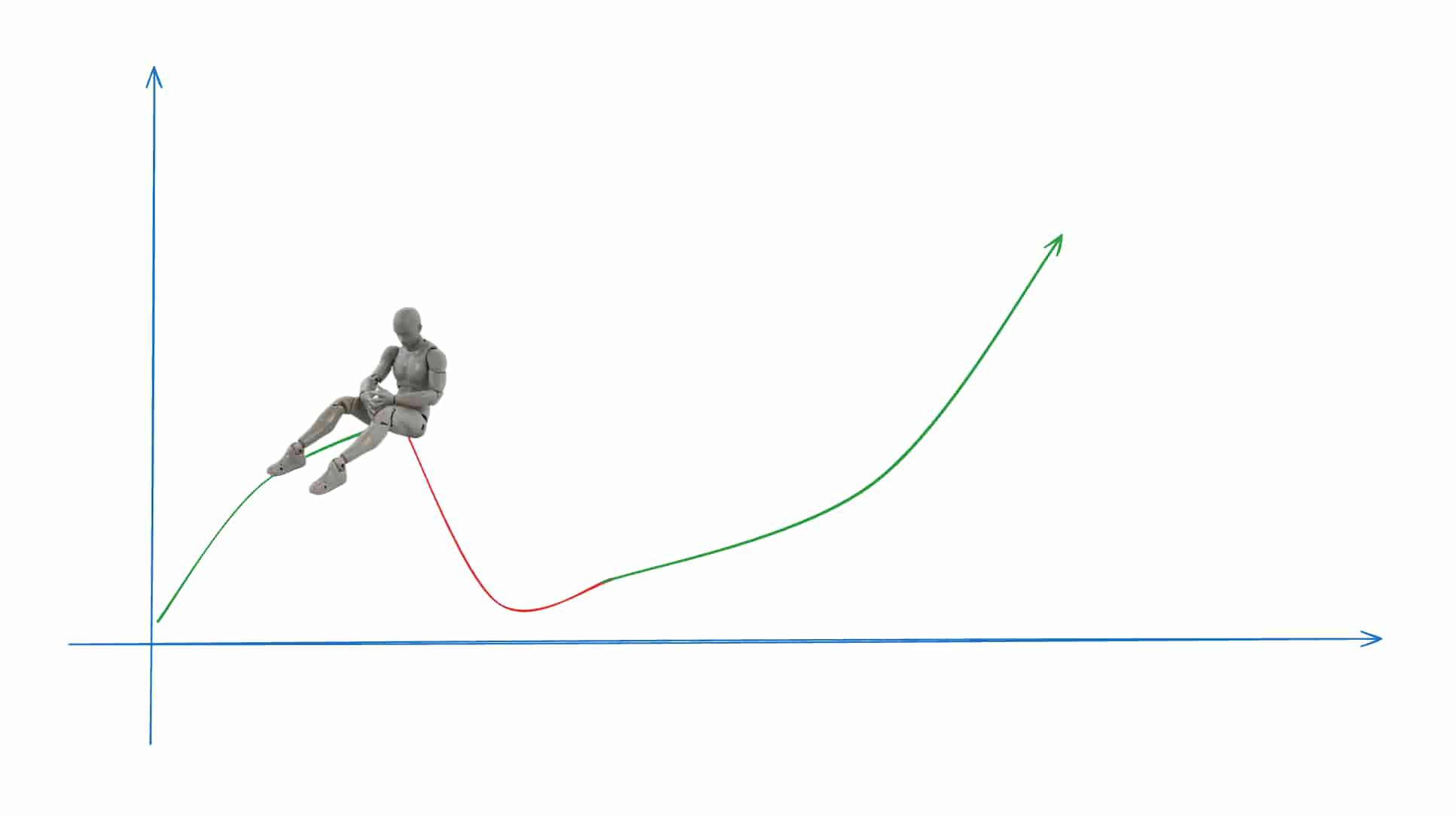AI Won’t Grow Great Engineers — Unless We Use It Right
AI is here. It’s integrated into our workflows, our IDEs, and even our decision-making. It boosts productivity, accelerates prototyping, and gives us instant access to solutions that once required hours of deep thinking. But there’s a tradeoff—and it’s one we can’t afford to ignore.

We’re at a point in the industry where AI is no longer just a buzzword. It’s embedded into how engineers work—helping generate code, summarize pull requests, optimize SQL queries, and even scaffold entire features. On paper, this looks like a massive productivity gain. However, in practice, if not handled carefully, it may lead to the opposite: a decline in deep engineering thinking, quality, and long-term team capability.
As engineers, our craft is built on critical thinking, problem-solving, and the ability to understand systems deeply. AI can shortcut this learning curve, but overreliance on it risks replacing not just the busywork but the thinking itself. The more we defer to AI without questioning, the more we lose the skills that make us engineers, not just coders.
The Short-Term Gain and Long-Term Risk
Yes, AI improves short-term productivity. You get results faster, deliver features quicker, and unblock developers who would otherwise be stuck. But this short-term boost can easily turn into long-term erosion if engineers lose the drive to think critically, debug thoroughly, or design intentionally.
Over-reliance on AI leads to:
- Shallow reasoning behind implementation choices
- A drop in technical ownership
- Reduced learning-by-doing is key for juniors, mids, and seniors.
- A cultural shift from “Why does this work?” to “Just make it work.”
- Engineers who use AI code straight up do not know the shortcomings or side effects, or might introduce a bug.
These patterns don’t build strong engineers. They build passive ones who follow the output instead of leading the architecture.
What Using AI the Right Way Looks Like
I’m not against AI. In fact, I use it daily. But like any tool, it’s only as good as the intent behind it. The goal should be to augment engineers, not replace their thinking.
Here’s what effective AI integration looks like:
- Automation of repetitive tasks like boilerplate code or data transformation
- Contextual learning, where engineers use AI to explore unfamiliar patterns but still own the solution
- Accelerated prototyping, followed by intentional peer reviews and architectural validation
- Focused documentation and summarization, freeing time for design and mentorship
- Validating ideas, where engineers use AI to brainstorm solutions, but still critically evaluate and adapt the suggestions
- Identifying shortcomings in solutions
In teams I work with, we apply a simple rule: AI can help you get started, but you must understand and own the final result. That principle helps us maintain velocity and quality, without creating a dependency culture.
Growing Great Engineers Requires Intentionality
Strong engineers don’t emerge from shortcuts. They grow through deliberate exposure to complexity, ownership of hard decisions, and mentorship that focuses on clarity, not just output.
If we want AI to work for us, we need to be intentional about:
- When we allow it to take the lead
- How we ensure code quality and reasoning aren’t compromised
- Where we balance efficiency with learning opportunities
These points are especially critical for junior engineers, who I believe are most prone to these issues today. It might be worth explicitly mentioning that the long-term risk is having “senior” titles without real experience.
Let’s not fall into the trap of mistaking speed for maturity. AI can accelerate delivery, but it cannot teach accountability, critical thinking, or system design. That’s still on us—and always will be.
Published by...
